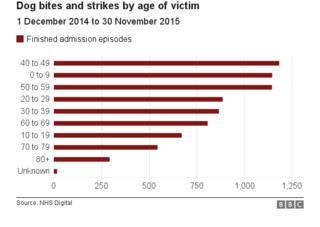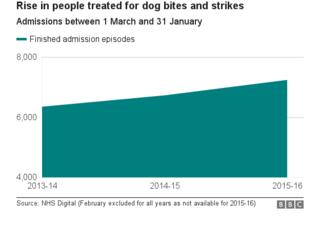Dog attacks: When is a fatal dog mauling a criminal offence? – BBC News

 Image copyright Family photo
Image copyright Family photo In the past two months, two children have died in dog attacks just 13 miles (21km) apart. One attack is being treated by police as a criminal inquiry while the second – thought to involve a police officer’s pet dog – is not. When is a fatal dog mauling a criminal matter?
Four-month-old Archie Darby died after being attacked in Colchester last Thursday afternoon.
His brother – 22-month-old-Daniel – and his mother were also injured by the dog, understood to be of Staffordshire bull terrier-type.
It is also understood the dog – now destroyed – was owned by the children’s aunt, a serving police officer.
Essex Police say the case “is not a criminal investigation and is not likely to be in the future”.
 Image copyright Essex Police
Image copyright Essex Police Yet similar recent cases, such as that of three-year-old Dexter Neale, who was fatally attacked in Halstead, and 52-year-old lollipop man David Ellam, who was killed by a dog in Huddersfield, have resulted in criminal inquiries.
Why the difference?
It is a question that has sparked a debate on social media.
Tom Lloyd tweeted “even if a dog’s got no history of aggression, surely the owner is responsible for the dog’s actions?” while John Honeywell asked: “When is the killing of a baby by a dog not a criminal case? When the dog is owned by a policewoman.”

Although the exact circumstances of Archie’s death are not yet known, experts say the way the matter has been handled will be based on a careful reading of the law.
And it is understood the circumstances surrounding the two Essex deaths vary significantly.
A Crown Prosecution Service (CPS) spokeswoman said: “The case would be treated in the same way as any other.
“If we receive a file from the police we consider it according to the Code for Crown Prosecutors.”
In the Archie’s case, the CPS will not have received a file because Essex Police are not treating the incident as a criminal investigation.
A spokesman for the police said there had been a post-mortem examination on the dog and on Archie.
 Image copyright Merseyside police
Image copyright Merseyside police While unable to comment in detail on the circumstances of the two Essex cases, the spokesman said they had been assessed according to the evidence on a case-by-case basis.
That they happened within a similar timeframe and both involved very young children was not, from an investigatory perspective, “evidentially relevant”.
When cases are transferred to the CPS, the official guidance is clear: having a “dog dangerously out of control in any place where death is caused” is classed as a criminal offence.
Since the Anti-social Behaviour, Crime and Policing Act 2014 (“the 2014 Act”) came into force, attacks on private property – such as inside people’s homes or in private gardens – are included.
Prior to that, it was not possible to prosecute owners for having a dangerously out of control dog even in some of the most horrifying cases.
Clifford Clarke, 73, was mauled to death by a 31kg dog in his own garden, but because it did not happen in a public place the owners could only be charged with causing unnecessary suffering to their pet, which had not been fed or watered for hours before the attack.

The 2014 act also increased the maximum penalty for the owner of a dangerously out of control dog killing somebody to 14 years.
So, why are some cases treated differently?
Trevor Cooper, the dog law consultant for Battersea Dogs Home, says while there are “very few defences” under the law, they do exist.
Chief among them, he said, are those cases in which an owner is not present at the time of the incident.
In order not to be subject to a criminal investigation, the owner needs to demonstrate the dog had been left in the hands of a fit and responsible person.
One example, he said, might include an owner handing over a pet to a responsible dog walker.
While the dog walker is in charge of the animal, so the example goes, it attacks somebody and kills them.
In law the owner of the dog is not criminally liable for what happened in these circumstances. (Although, while this is unlikely, says Mr Cooper, the dog walker could be.)
 Image copyright Cooper & Co Solicitors
Image copyright Cooper & Co Solicitors A second example, he said, is that of a burglar killed by a dog in the home he or she is intruding into. Again, the owner would not be liable.
But while the law can be fairly clear in terms of liability and punishment, it does not help prevent such attacks in the first place, says Mr Cooper.
“There are very stiff penalties,” he said, “but it is not going to prevent the incidents, it is just going to punish people after the event.”
Mr Cooper claims the current Dangerous Dogs Act is “not fit for purpose”.
“The Dangerous Dogs Act is 25 years old. It is high time it is fully reviewed,” he said.
He is an advocate of Scottish-style dog control, in which councils can enforce concerns about nuisance dogs.
Colchester MP Will Quince agrees that the current law needs to be reviewed.
“I think there may be a case to look at the Dangerous Dogs Act again and the legislation,” he said.
“Once we have the evidence and understand what happened and get all the facts (in the case of Archie Darby) then we can review it and look at the steps to be taken and ensure it doesn’t happen again.”